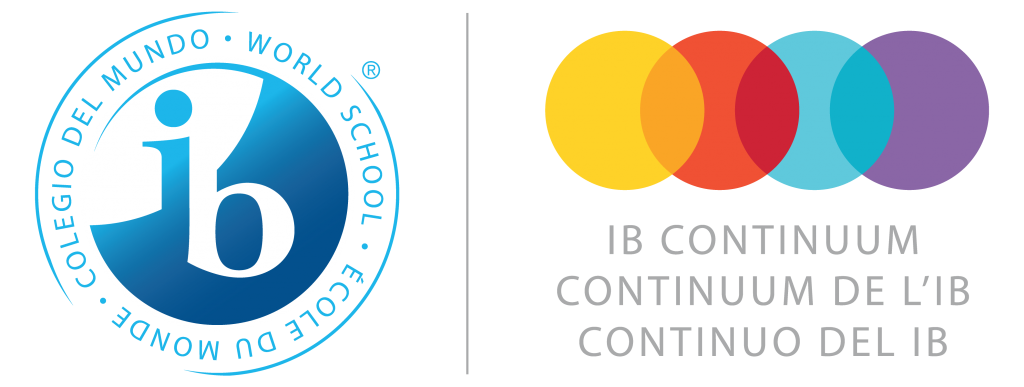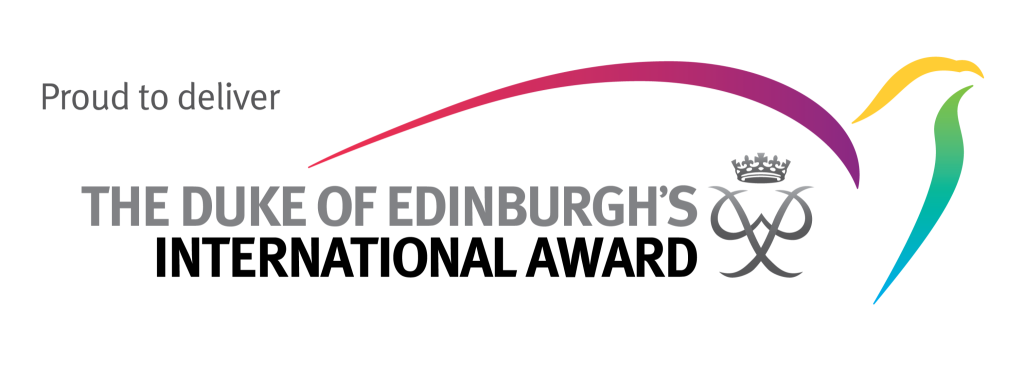As parents, we often focus on academic achievements as a key measure of our children’s future success. We believe that if our children excel in school, they will automatically develop the skills needed to thrive in life. But is leadership, a crucial skill for success, truly nurtured in a traditional classroom?
For students like Ahmad, a Year 10 student who struggled to find his voice in a rigid, exam-focused school, leadership development seemed out of reach. His previous school emphasized memorization, high test scores, and individual achievement, leaving little room for collaboration, critical thinking, or personal growth. It wasn’t until Ahmad transferred to Fairview International School that he discovered his potential as a leader. Through a balanced, holistic approach to education, Fairview helped Ahmad develop the confidence and leadership skills that traditional classrooms often overlook.
This article explores why leadership isn’t developed through exams and rote learning but through experiences, collaboration, and emotional intelligence. We’ll explore research-backed insights and Ahmad’s journey to show how schools like Fairview provide the right environment for developing future leaders.
Ahmad’s Journey: From Invisible to Influential
Ahmad’s previous school didn’t offer many opportunities for leadership development. He was constantly focused on exams, with little time to collaborate or participate in extracurricular activities. He felt disconnected from his learning, unable to express himself or contribute meaningfully in group settings. Like many students, Ahmad’s education was focused on individual performance, leaving leadership and collaboration out of the equation.
When Ahmad transferred to Fairview International School, he quickly realized that learning wasn’t just about memorizing facts—it was about engaging with the material, working with others, and learning by doing. At Fairview, he participated in project-based learning, team activities, and service-learning projects that helped him build leadership skills. Ahmad’s confidence grew as he led group projects, presented his ideas to classmates, and worked on community initiatives. For the first time, he saw himself as a leader.
The Limitations of Traditional Classrooms in Developing Leaders
Traditional classrooms often fall short when it comes to fostering leadership skills. Research by Jeffrey H. Dyer and William G. Oldham found that only 20% of educators believe that traditional classroom settings effectively foster leadership development (Dyer & Oldham, 2016). These settings often emphasize individual academic achievement, standardized testing, and a one-size-fits-all approach to education, leaving little room for creativity, teamwork, and problem-solving—skills essential for leadership.
Ahmad’s previous school followed this traditional model. He excelled academically, but his education didn’t give him the chance to work with others, think critically, or engage in leadership roles. Fairview’s holistic approach, on the other hand, helped Ahmad grow beyond the limitations of a traditional classroom, allowing him to develop the skills necessary for leadership in the real world.
The Power of Experiential Learning
Leadership is not something that can be taught through textbooks or lectures. Instead, it is developed through experience. According to Michael Lombardo and Robert Eichinger, 70% of leadership skills are developed through experiential learning, with only 10% coming from formal education (Lombardo & Eichinger, 2000). This highlights the importance of hands-on experiences, such as project-based learning, group activities, and real-world problem-solving, in fostering leadership.
At Fairview, Ahmad participated in various experiential learning opportunities, including community projects and collaborative learning experiences. These activities helped him develop leadership skills by giving him the chance to lead teams, solve problems creatively, and interact with others in meaningful ways. Through these experiences, Ahmad learned to navigate challenges, make decisions, and inspire others—key traits of a strong leader.
Emotional Intelligence: The Foundation of Leadership
While traditional education systems often prioritize IQ and academic achievement, research shows that emotional intelligence (EQ) is a far better predictor of leadership success. In his groundbreaking book, Daniel Goleman found that 90% of top performers have high emotional intelligence, which is essential for effective leadership (Goleman, 1995). Emotional intelligence includes the ability to understand and manage one’s own emotions, as well as the capacity to empathize with and lead others.
At Fairview, Ahmad was able to develop his emotional intelligence through reflection, collaboration, and active participation in school life. He learned to manage his emotions during group discussions, navigate interpersonal dynamics, and lead with empathy and understanding. These skills were not taught in his previous school, where the focus was solely on academic performance.
Project-Based Learning: Building Leaders Through Collaboration
Research consistently shows that students who engage in project-based learning demonstrate higher levels of collaboration and leadership skills. A study by John W. Thomas found that students in project-based learning environments are better at working in teams and leading their peers compared to those in traditional classroom settings (Thomas, 2000). Ahmad’s experience at Fairview mirrored these findings. By engaging in collaborative projects, he developed the skills needed to lead, delegate, and work effectively with others.
Fairview’s emphasis on project-based learning helped Ahmad develop leadership skills by placing him in real-world situations where he had to take initiative, communicate clearly, and inspire his peers. These experiences gave him the confidence to step into leadership roles, something he had never done in his previous school.
Leadership Through Service: The Impact of Service-Learning Projects
Service-learning is another key component of leadership development. According to Janet Eyler and Dwight E. Giles Jr., students who engage in service-learning demonstrate greater leadership abilities and civic engagement compared to their peers who do not participate in these activities (Eyler & Giles, 1999). Service-learning allows students to apply their skills in real-world contexts while making a positive impact on their communities.
At Fairview, Ahmad was involved in various service-learning projects, which helped him understand the importance of leading with empathy and purpose. These experiences not only helped him develop leadership skills but also instilled in him a sense of responsibility toward his community and the world.
The Role of Extracurricular Activities in Leadership Development
Beyond the classroom, extracurricular activities play a crucial role in developing leadership skills. Jacquelyn S. Eccles and Jennifer S. Gootman found that students involved in extracurricular activities are 20% more likely to develop leadership skills compared to their peers who do not participate in such activities (Eccles & Gootman, 2002). Ahmad’s involvement in extracurricular activities at Fairview, including sports, drama, and student council, gave him multiple opportunities to lead and collaborate with others.
These activities provided Ahmad with a platform to practice leadership in a safe and supportive environment, further building his confidence and ability to lead.
Employers Value Leadership and Soft Skills
Leadership skills aren’t just important in school—they’re essential for future career success. According to the National Association of Colleges and Employers (NACE), 75% of employers prioritize soft skills such as communication, teamwork, and leadership over technical skills when hiring (NACE, 2024). This reinforces the idea that schools should focus not only on academic achievement but also on developing the interpersonal and leadership skills that are crucial in the workplace.
Fairview’s approach to education prepares students like Ahmad for the challenges they will face in their future careers by helping them develop the soft skills that employers value most.
Conclusion: Leadership Development Beyond the Classroom
Ahmad’s journey from a student focused solely on exams to a confident leader shows us that leadership is not developed in traditional classrooms alone. Experiential learning, emotional intelligence, project-based learning, service projects, and extracurricular activities all play a critical role in shaping future leaders. Fairview International School provides students like Ahmad with the opportunities and experiences they need to become leaders, not just test-takers.
As parents, it’s time to reconsider how we measure our children’s success. Do we want them to simply excel in exams, or do we want them to develop the skills to lead, collaborate, and thrive in the real world? If you’re looking for an international school in Malaysia that prioritizes leadership development through a holistic approach, explore Fairview International School. It’s where future leaders are made.
MLA Citations
Lombardo, Michael M., and Robert W. Eichinger. The Leadership Architect: A New Approach to Leadership Development. Lominger International, 2000.
Thomas, John W. “A Review of Research on Project-Based Learning.” The Autodesk Foundation, 2000, https://www.autodesk.com/foundation/learning/project-based-learning.
Goleman, Daniel. Emotional Intelligence: Why It Can Matter More Than IQ. Bantam Books, 1995.
Hart Research Associates. “Fulfilling the American Dream: Liberal Education and the Future of Work.” Association of American Colleges and Universities, 2018, https://www.aacu.org/research/fulfilling-american-dream.
National Association of Colleges and Employers (NACE). “Job Outlook 2024.” NACE, 2024, https://www.naceweb.org.
Eccles, Jacquelyn S., and Jennifer S. Gootman. Community Programs to Promote Youth Development. National Academies Press, 2002.
McCall, Morgan W. High Flyers: Developing the Next Generation of Leaders. Harvard Business Review Press, 1998.
Bandura, Albert. Social Learning Theory. Prentice Hall, 1977.
Eyler, Janet, and Dwight E. Giles Jr. Where’s the Learning in Service-Learning? Jossey-Bass, 1999.
Dyer, Jeffrey H., and William G. Oldham. “Teaching Leadership in the Classroom: A Study of Educators’ Perspectives.” Journal of Leadership Studies, vol. 10, no. 4, 2016, pp. 30-42.











